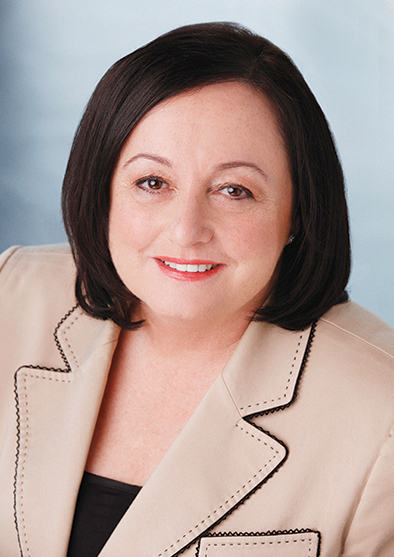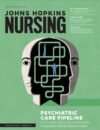There are times when being a leader doesn’t necessarily mean being first. Hence when we began considering our adoption of a Master’s Entry into Nursing—and a switch to an all-graduate student body at the Johns Hopkins School of Nursing—the School’s leadership knew we had better take our time to get it right. (We do insist at being first always in the most important thing: quality education.)
 Consider the Doctor of Nursing Practice program here at JHSON, which, for any of you keeping score, was not the first such program in the United States but has grown to become a model for many. Check out our existing master’s programs, which prepare nurses to become leaders. Or look at our PhD program, which shapes impressive research and researchers who advance the science of nursing and healthcare. And our growing Professional Programs—they explore new platforms from which we deliver lifelong learning and nurture minds across the healthcare spectrum.
Consider the Doctor of Nursing Practice program here at JHSON, which, for any of you keeping score, was not the first such program in the United States but has grown to become a model for many. Check out our existing master’s programs, which prepare nurses to become leaders. Or look at our PhD program, which shapes impressive research and researchers who advance the science of nursing and healthcare. And our growing Professional Programs—they explore new platforms from which we deliver lifelong learning and nurture minds across the healthcare spectrum.
“Here at Hopkins we recognize
the need has arisen for not only
a new type of nurse but a new
type of nursing education.”
Here at Hopkins we recognize the need has arisen for not only a new type of nurse but a new type of nursing education. The profession as a whole has undergone changes almost unimaginable 15 years ago, and the science of preparing nurses has had to change right along with it. Just as the Hopkins diploma school 125 years ago faced a healthcare crisis and laid the foundations of modern nursing education, the SON is again at a critical point in its history, poised to implement transformational changes and ready to launch the latest innovations in nursing education that impact and even lead system change.
With our Master’s Entry into Nursing program we will address the increasingly complex changes in healthcare that now impact the manner in which nurses are prepared. The future of healthcare demands that nurses have a solid foundation in evidence-based practice, strong leadership skills, and a commitment to lifelong learning. Our students will graduate more agile and resilient, able to adjust to constantly changing environments, and better prepared to provide transitional and chronic care management.
We have planned well for our new program, carefully considering the painstaking work of a forecasting task force, curriculum planners, and focus groups. We looked at the hospitals and the healthcare employment market and conducted market research. We considered the future of nursing recommendations of the Robert Wood Johnson Foundation and Institute of Medicine. We examined our faculty and curricula and found the excellence, the ability, and the dexterity. And we unanimously agreed that we are ready to launch.
The plan now is for a first cohort of approximately 120 to 150 students to enter in Fall 2015. Our accelerated Baccalaureate programs will be phased out and discontinued. Although they are recognized as among the best undergraduate accelerated programs in the country, today we can do even more for our students.
As we prepare, we admit that doing anything you haven’t fully done before is a challenge. But we Hopkins Nurses aren’t easily intimidated. We know that if we build the Master’s Entry into Nursing, they will come—and we will deliver to them the quality education that drives the power of nursing in healthcare.
Patricia M. Davidson
PhD, MEd, RN
Dean, Johns Hopkins School of Nursing
